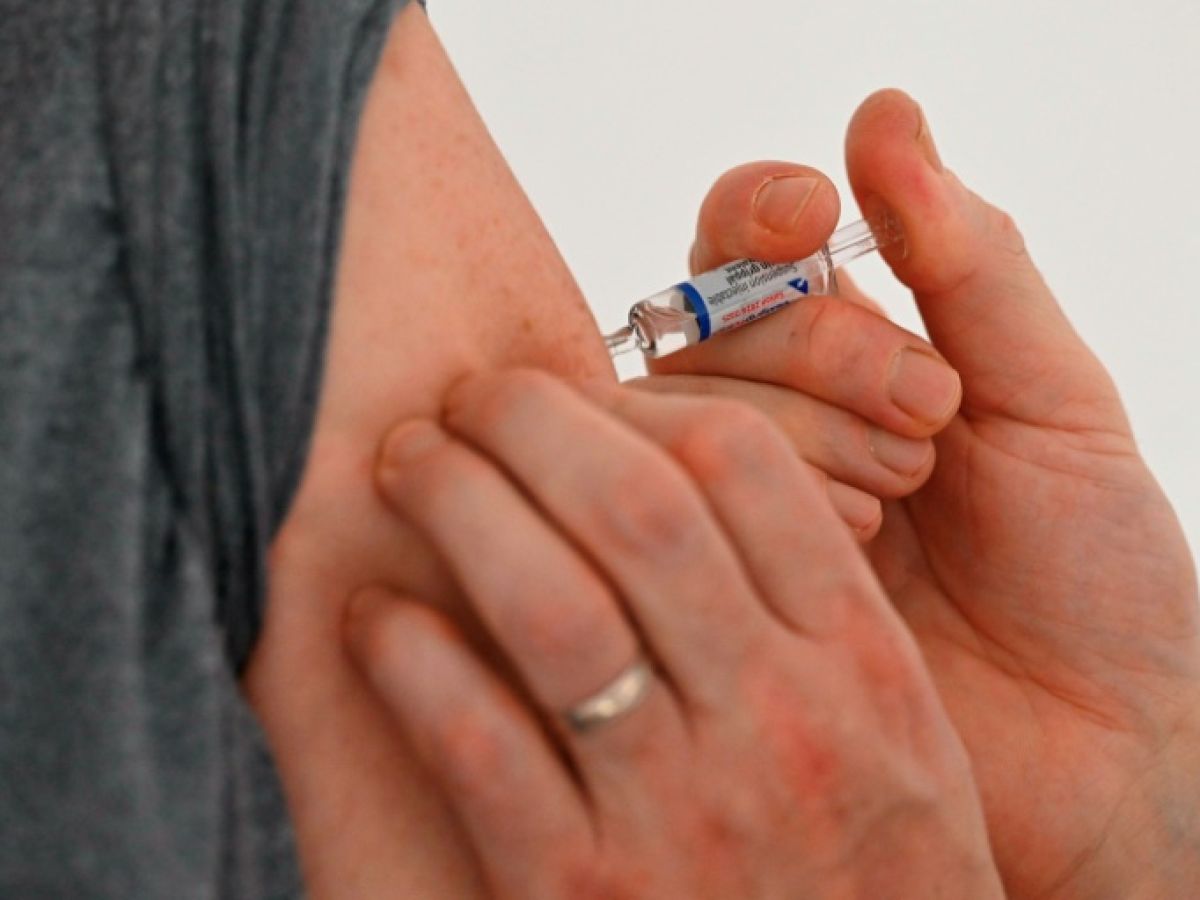Drug that treats bone marrow cancer successfully cures rare blood disease (19459000)
You are here
Press release
Wednesday, September 18, 2024
The first successful clinical trial to treat hereditary hemorrhagic telangiectasia was supported by the NIH.
Researchers have stopped a clinical trial funded by the National Institutes of Health early because they found insufficient evidence to show that a drug used for bone marrow and Kaposi's sarcoma may be effective and safe in treating HRT, a rare bleeding disorder that affects one in 5,000 people worldwide. The findings are published in the New England Journal of Medicine The study details how HRT patients receiving pomalidomide experienced significant improvements in their quality of life, as well as reduced blood transfusions or iron infusions.
“It’s rare to find an effective treatment for such a rare disorder, so this is a great success,” said Andrei Kindzelski, MD, PhD, of the NIH’s National Heart, Lung, and Blood Institute. “Prior to our study, there were no effective treatments available for people with HHT. The discovery of this drug will improve the quality of life and outlook for people with HHT.”
HHT is also called Osler-Weber-Rendu syndrome. It is characterized by severe defects in the way the body's blood vessels form. They twist and tangle instead of growing linearly. These disordered vessels are prone to leakage and can cause excessive bleeding, such as nosebleeds and bleeding on the mucosal surface of the stomach and gastrointestinal tract. Bleeding episodes can lead to anemia and reduced quality of life. They can even be fatal in severe cases.
HHT can be treated by closing off malformed blood vessels in the nose or gastrointestinal tract, or by prescribing off-label medications to stabilize blood clotting in areas of bleeding vessels. This reduces bleeding. There are currently no medications approved by the Food and Drug Administration for the long-term management of HHT.
Scientists speculate that pomalidomide works by blocking abnormal blood vessel growth. Blood vessels may have thicker walls or a normalized structure, making them less fragile. The research team led by Keith McCrae MD, professor of molecular medicine at the Cleveland Clinic, says more studies are needed.
Researchers enrolled 144 adult patients with HHT at 11 U.S. medical centers between November 5, 2019, and June 27, 2023. Nosebleeds were moderate to severe, requiring blood or iron transfusions. Researchers gave 95 participants 4 mg of pomalidomide per day. However, the dose was reduced for patients who had side effects, such as constipation or rash. In addition to their usual treatment, 49 of these patients received a sugar pill that looked exactly like pomalidomide.
The researchers used a validated HHT-specific bleeding tool to assess the severity of each patient's nosebleeds at the start of the study. Participants self-reported data to establish baselines in various domains. This included the severity of nosebleeds and how HHT symptoms affected their daily activities. The number of red blood cell transfusions or iron infusions received was also recorded.
A preliminary analysis in June 2023 found that pomalidomide met the predefined efficacy threshold. The trial has been closed for further enrollment.
Kindzelski said, "These findings may have broader implications for people with more severe forms of HHT. In these cases, abnormal blood vessels can develop in certain organs, such as the liver and brain. This can cause hemorrhagic heart attacks, pulmonary bleeding or even death. This treatment could save the lives of these patients."
McCrae, a patient of McCrae's, noted that although the researchers did not follow up with participants after the trial ended, some patients in the study were able to go four or six months without nosebleeds even after they stopped taking the drug. The drug could be effective as an intermittent or long-term treatment.
The National Heart, Lung, and Blood Institute: NHLBI, a global leader, conducts and supports research on heart, blood, lung and sleep diseases that improves public health care and saves lives. Visit the website for more information. www.nhlbi.nih.gov.
The National Institutes of Health: The NIH is the medical research agency of the United States Department of Health and Human Services. It is comprised of 27 institutes and centers. The NIH, the nation's medical research agency, is the primary federal agency that conducts and supports basic, translational, and clinical medical research. It also studies the causes, treatment, and cures of common and rare diseases. Visit the NIH for more information about its programs and services. www.nih.gov.
NIH…Making Discovery Into Healthy Living(r)
You can also study with us
Al-Samkari H, Kasthuri R, Iyer VN, The et all Pomalidomide in the treatment of epistaxis (hereditary hemorrhagic telangiectasia). New England Journal of Medicine Do you want to know what 2024 will look like? 10.1056/NEJMoa2312749
Funding
The NHLBI funded this study under grants 1U24HL140090-01A1 and 1UG3HL140097-01A1. Clinicaltrials.gov registered this trial as NCT03910244.
###

